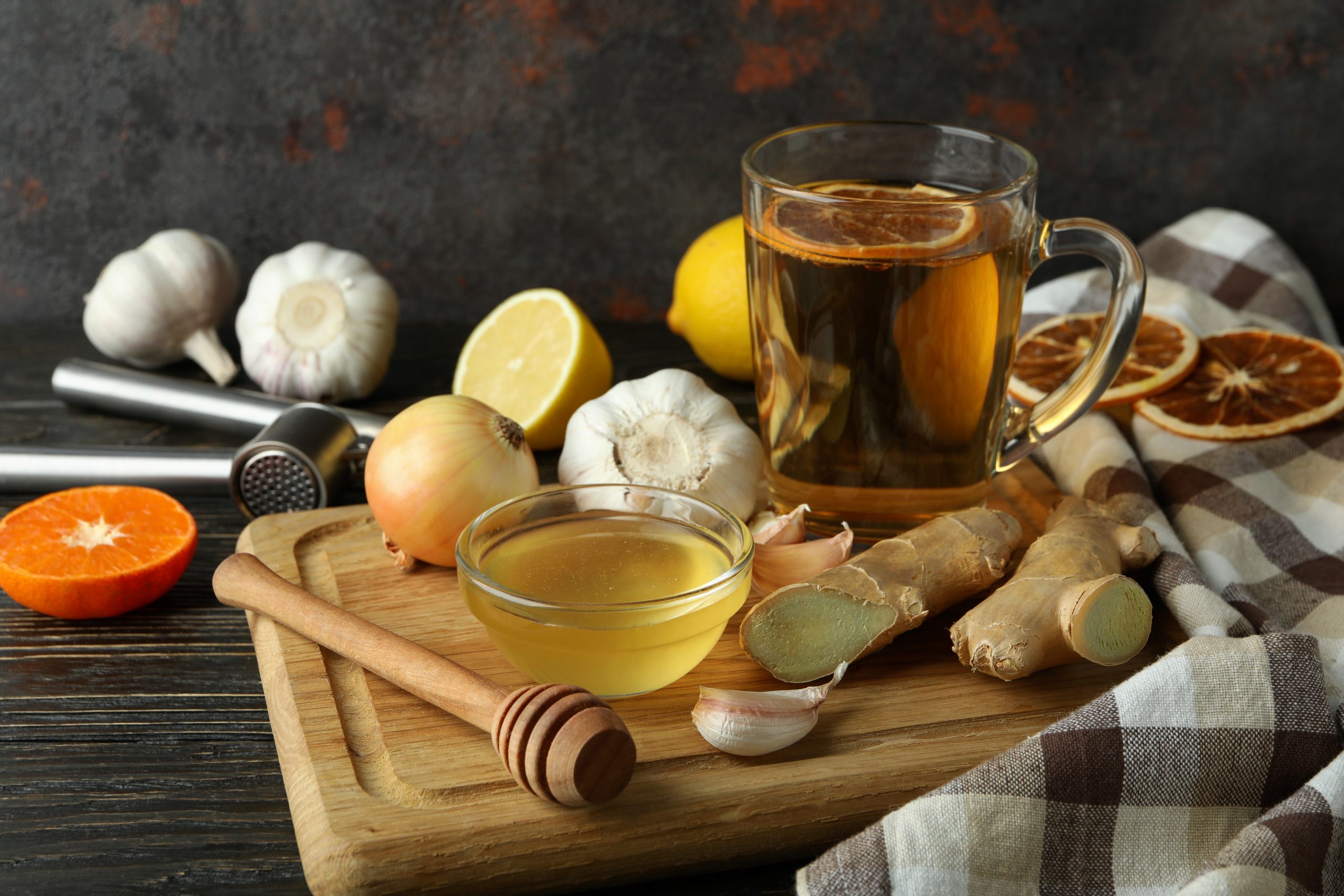Do Home Remedies for Coughs and Colds Really Work?
With the days getting noticeably shorter and temperatures falling, many of us living in the UK are beginning to suffer with symptoms of coughs, colds, sniffles or even the flu. While colds are inconvenient and can make you feel utterly miserable, they are rarely dangerous for those without underlying health concerns, and can often be treated with over the counter, or homemade remedies.
Below are some of the most commonly used home remedies for coughs and colds in the UK, along with their effectiveness.
Echinacea
Believed to boost the immune system by increasing white blood cells which fight infections and reduces many cold symptoms, this herbal remedy has been used for centuries. Its effectiveness is unverified, however.
Honey and lemon
Honey and lemon stirred into a glass of hot water to soothe a sore throat helps to keep you hydrated, while also giving you a boost of vitamin C and energy. There may also be antibacterial properties in the honey, and the steam from the hot beverage can help to reduce congestion.
Ginger
Used for medicinal purposes throughout the centuries, ginger is believed to soothe a range of ailments due to its active compounds, which include gingerols and shogaols. With research having shown these compounds to have anti-inflammatory and pain-relieving properties, they may help to reduce symptoms of a cold such as a sore throat.
Garlic
With antimicrobial and antiviral properties that may help the immune system fight viral infections and relieve the common cold, garlic may relieve cold symptoms, but the evidence isn’t really there to back the theory.
Zinc
An essential mineral that the body doesn’t make on its own, some say that taking zinc within 24 hours of the onset of a cold, can limit its duration and severity, and there is some evidence to prove this. For those with a balanced diet, however, additional zinc shouldn’t be required, and in fact, too much can be harmful.
Menthol
Found in many over-the-counter-medicines, menthol is an essential oil derived from mint plants. While some people find that it can ease congestion, there is little evidence to prove that it actually helps.
Vitamin D
Vitamin has been proven to help prevent colds, and while we can get vitamin D from certain foods and from skin exposure to sunlight, levels in most foods are low and the sun isn’t strong enough during the winter months. So, taking a vitamin D supplement during autumn and winter may help with a cold as a good immune system support.
Probiotics
During periods of illness, probiotics can help to keep your gut healthy, and as your immune system is linked to your gut, a healthy gut will usually mean a healthier immune system. They can be found in yoghurt and other fermented foods, or taken as a probiotic supplement.
Fortunately, the rise in online pharmacies has meant that those stuck at home in isolation due to a common cold or bout of the flu, can easily get the over-the-counter remedies that they need. With the evidence showing that at least some of those remedies mentioned above can help prevent a cold or lessen symptoms, keeping yourself healthier during flu season, has never been easier.

